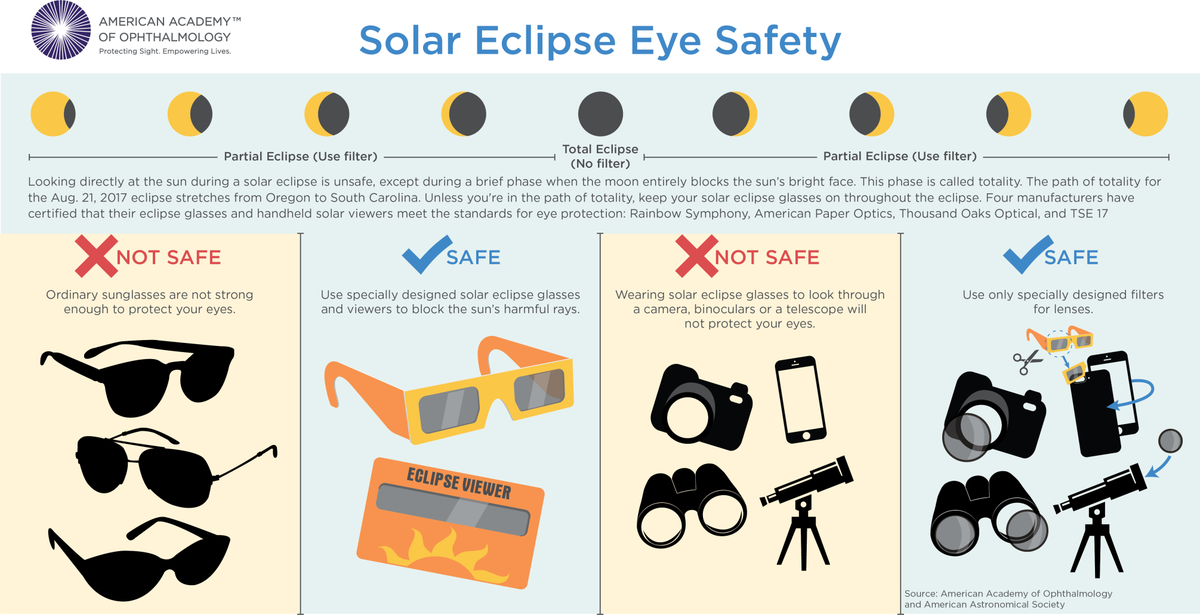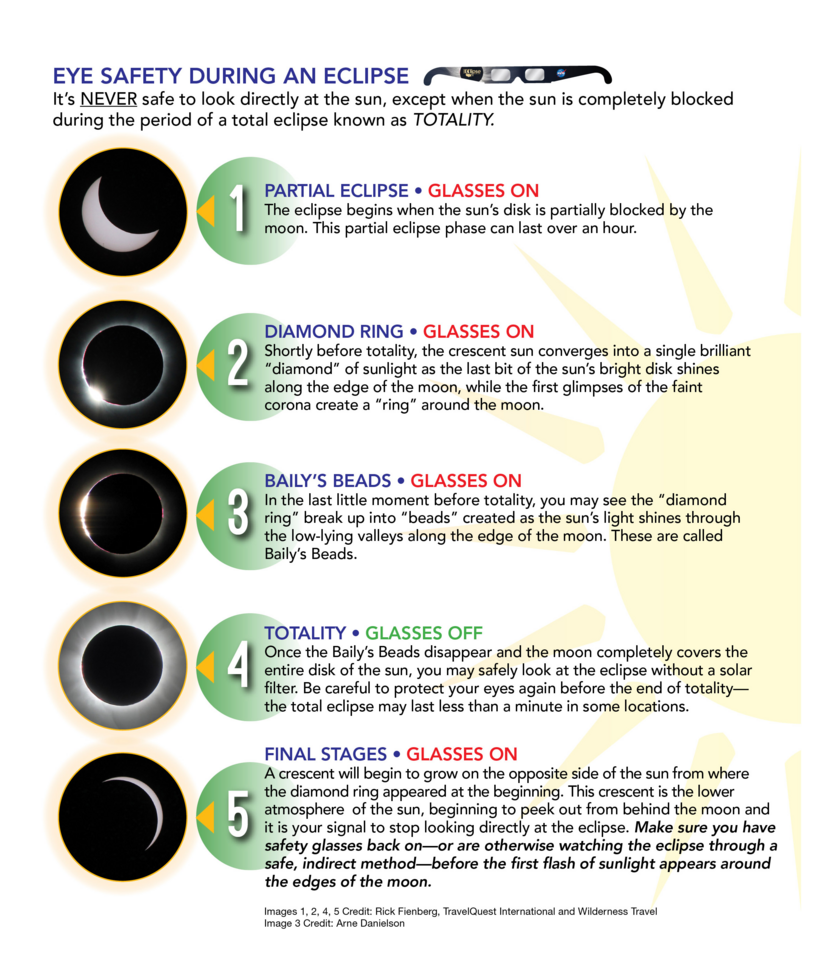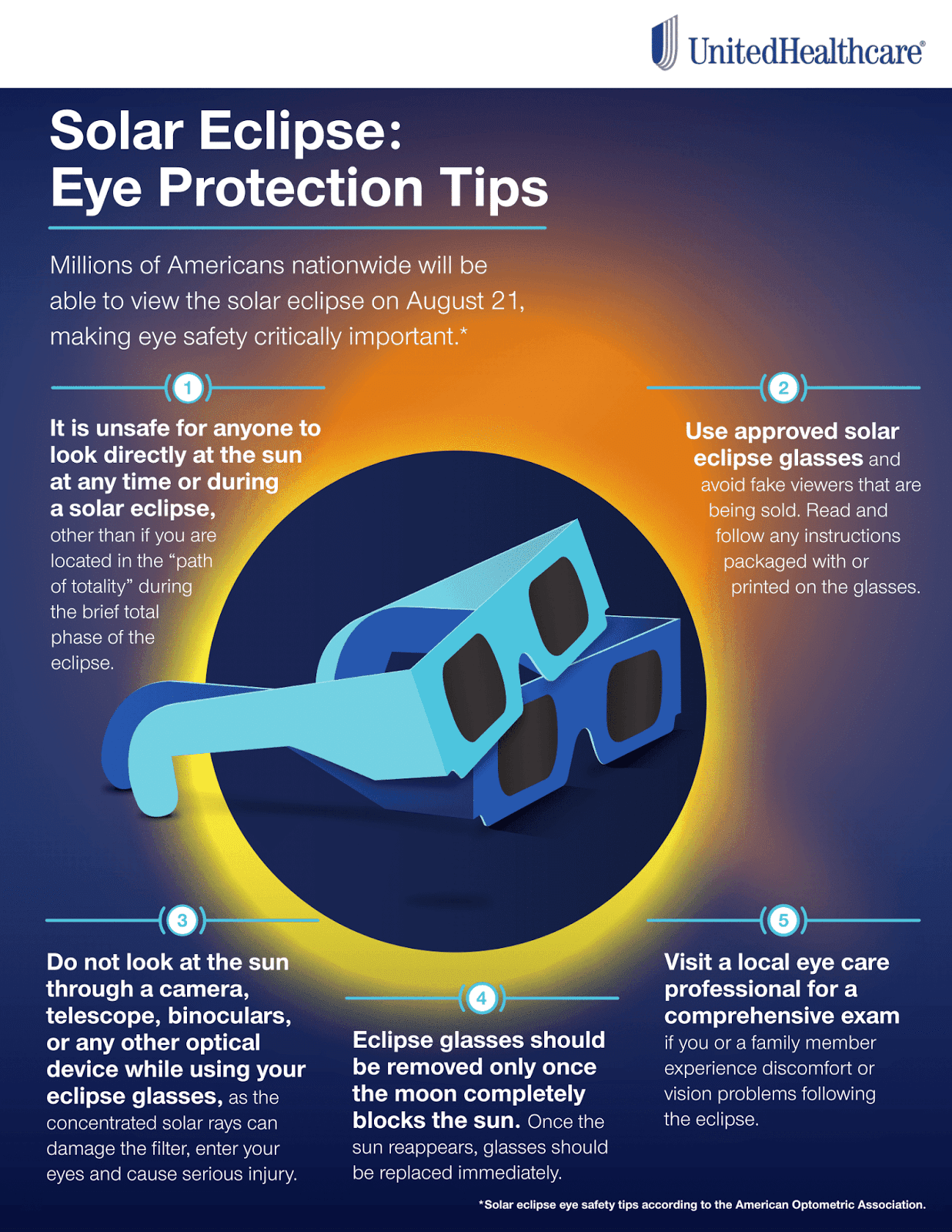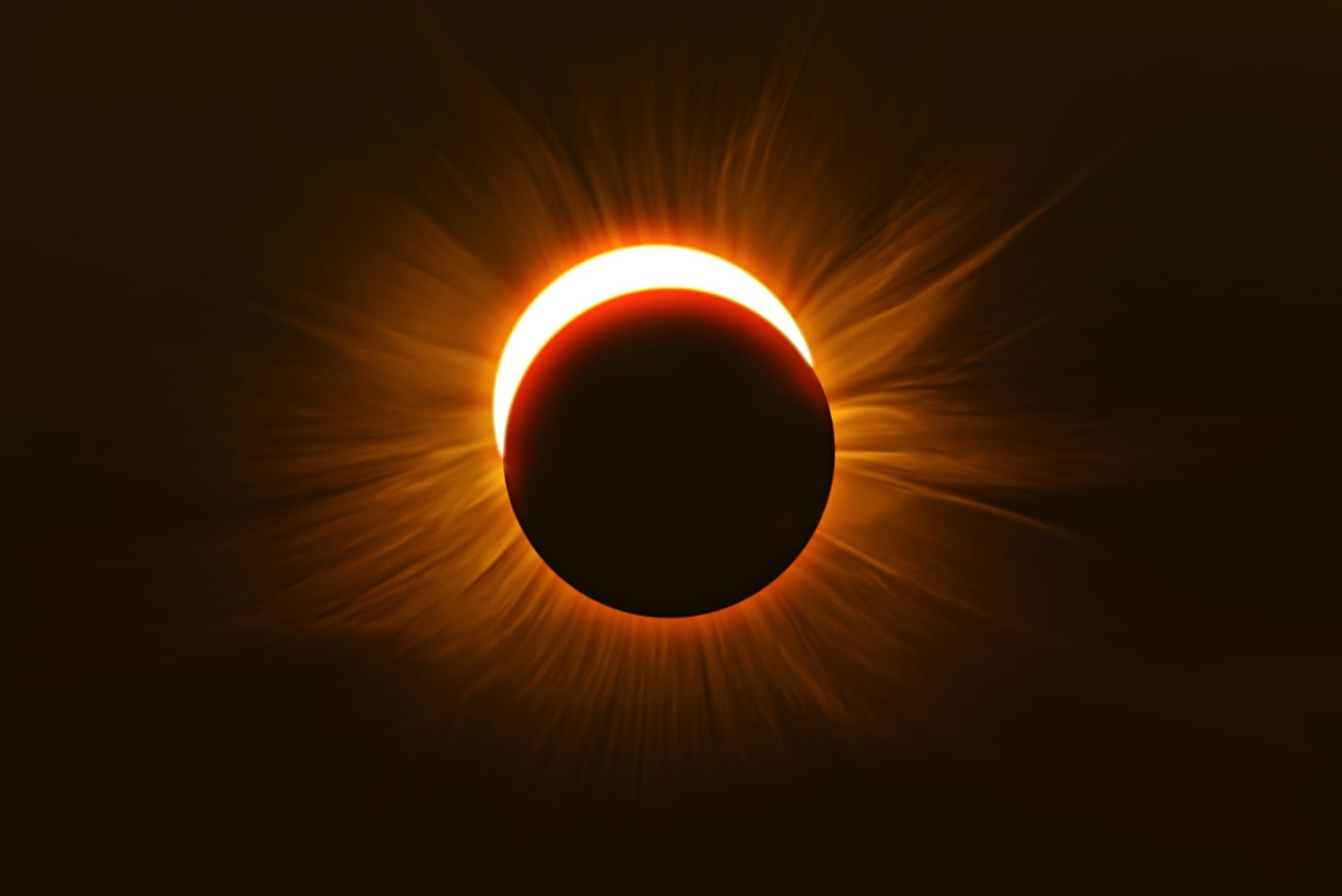Where To Watch The Eclipse On TV: Your Guide To Celestial Spectacles From The Comfort Of Your Home
Where to Watch the Eclipse on TV: Your Guide to Celestial Spectacles from the Comfort of Your Home
Related Articles: Where to Watch the Eclipse on TV: Your Guide to Celestial Spectacles from the Comfort of Your Home
Introduction
With great pleasure, we will explore the intriguing topic related to Where to Watch the Eclipse on TV: Your Guide to Celestial Spectacles from the Comfort of Your Home. Let’s weave interesting information and offer fresh perspectives to the readers.
Table of Content
Where to Watch the Eclipse on TV: Your Guide to Celestial Spectacles from the Comfort of Your Home
The celestial event of the year is approaching: a solar or lunar eclipse. Millions will flock to optimal viewing locations, but for those who can’t make the journey, or prefer the comfort and safety of their homes, television offers a captivating Auswahlmöglichkeit. Watching an eclipse on TV offers a unique experience, often enhanced by expert commentary, stunning visuals, and access to multiple perspectives simultaneously. This article serves as your comprehensive guide to finding the best television coverage for your next eclipse viewing experience.
Understanding the Rundruf Landscape:
The availability of eclipse coverage on television varies depending on several factors, including the type of eclipse (solar or lunar), the geographic path of totality (for solar eclipses), and the broadcaster’s resources. While major news networks often provide some coverage, dedicated science channels and streaming platforms usually offer the most comprehensive and in-depth broadcasts.
Major News Networks: A Solid Starting Point:
Networks like CNN, BBC, ABC, NBC, and CBS typically offer some level of eclipse coverage, particularly for major events like total solar eclipses. Their coverage often includes live shots from key locations along the path of totality, interviews with astronomers and scientists, and basic explanations of the eclipse phenomenon. However, their coverage is usually interwoven with other news stories, and the depth of scientific detail might be limited. Expect shorter segments interspersed throughout their regular programming. Check their schedules closer to the eclipse date for confirmed broadcast plans.
Science Channels: The Experts’ Choice:
Dedicated science channels, such as the Patriotisch Geographic Channel, Discovery Channel, Science Channel, and PBS (depending on region), are your best bet for comprehensive and detailed eclipse coverage. These channels often invest heavily in producing high-quality documentaries and live broadcasts featuring renowned astronomers and scientists. Their coverage is usually more in-depth, offering detailed explanations of the science behind the eclipse, live feeds from multiple locations, and stunning visuals captured with specialized equipment. Expect extended broadcasts focusing solely on the eclipse, providing a more immersive and educational experience.
Streaming Platforms: Expanding the Horizons:
Streaming services like YouTube, Twitch, and even dedicated astronomy websites and organizations often provide live streams of eclipses. These streams frequently offer multiple perspectives, including views from different locations along the path of totality, ground-based views, and potentially even views from airplanes or satellites. The quality of these streams can vary, but many offer high-definition visuals and engaging commentary. Searching for "[Eclipse type] livestream" on YouTube closer to the event date will usually yield a plethora of options.
Finding the Best Coverage for Your Needs:
To ensure you find the best television coverage for your needs, consider the following:
- Type of Eclipse: Solar eclipses generally receive more extensive coverage than lunar eclipses, due to their rarity and spectacular nature.
- Geographic Location: If you’re interested in seeing the eclipse from a specific location, check if any broadcasters are planning live coverage from that area.
- Level of Detail: If you’re looking for a scientific explanation of the eclipse, science channels are your best bet. If you just want a general overview, news networks might suffice.
- Language Preference: Ensure the broadcaster offers coverage in your preferred language.
- Accessibility: Consider the accessibility of the broadcaster, whether it’s through traditional cable television, streaming services, or online platforms.
Beyond the Live Rundruf: Pre- and Postamt-Eclipse Programming:
Many broadcasters will offer pre- and post-eclipse programming to enhance the viewing experience. Pre-eclipse programs often provide background information on the science of eclipses, historical significance, safety precautions, and viewing tips. Postamt-eclipse programs might feature interviews with viewers, analysis of the event, and discussions of future eclipses. These supplementary programs can significantly enrich your understanding and appreciation of the event.
Safety Precautions When Watching at Home:
While watching an eclipse on television eliminates the risks associated with direct solar viewing, it’s still important to be mindful of safety:
- Avoid looking directly at the sun through any optical devices: Even if you’re not watching a live broadcast of the sun, avoid any temptation to look at the sun directly. This is crucial, even with binoculars or telescopes, as it can cause permanent eye damage.
- Ensure proper lighting: Make sure your viewing area is properly lit to avoid eye strain.
- Take breaks: Prolonged viewing can lead to eye fatigue. Take regular breaks to rest your eyes.
Tips for an Enhanced Viewing Experience:
- Prepare your viewing area: Create a comfortable and inviting space to watch the eclipse.
- Gather your family and friends: Share the experience with loved ones.
- Take notes: Jot down interesting facts and observations.
- Share your experience: Discuss the eclipse with others online or in person.
- Look for interactive elements: Some broadcasts might include interactive elements such as Q&A sessions with experts.
Conclusion:
Watching a solar or lunar eclipse on television provides a safe, convenient, and often enriching way to experience this awe-inspiring celestial event. By understanding the various broadcasting options and planning ahead, you can ensure you find the perfect coverage to suit your interests and preferences. So, mark your calendar, gather your family, and prepare for a captivating journey into the wonders of the universe from the comfort of your home. Remember to check the schedules of your preferred channels and online platforms closer to the eclipse date for the most up-to-date information on broadcast plans and times. Enjoy the show!








Closure
Thus, we hope this article has provided valuable insights into Where to Watch the Eclipse on TV: Your Guide to Celestial Spectacles from the Comfort of Your Home. We appreciate your attention to our article. Teich you in our next article!